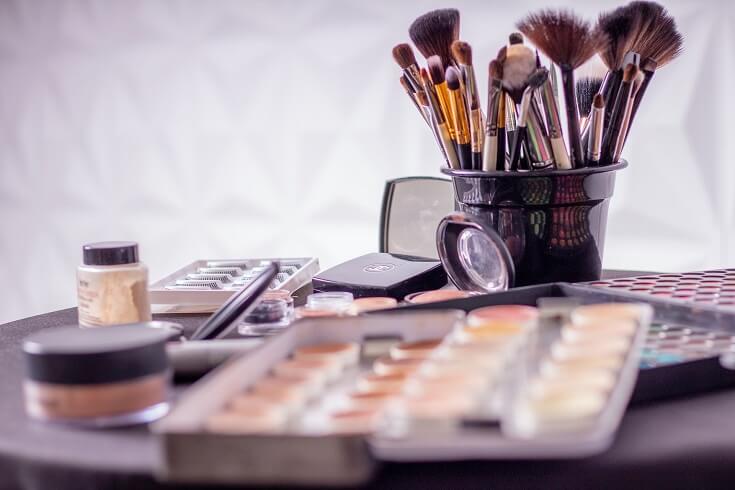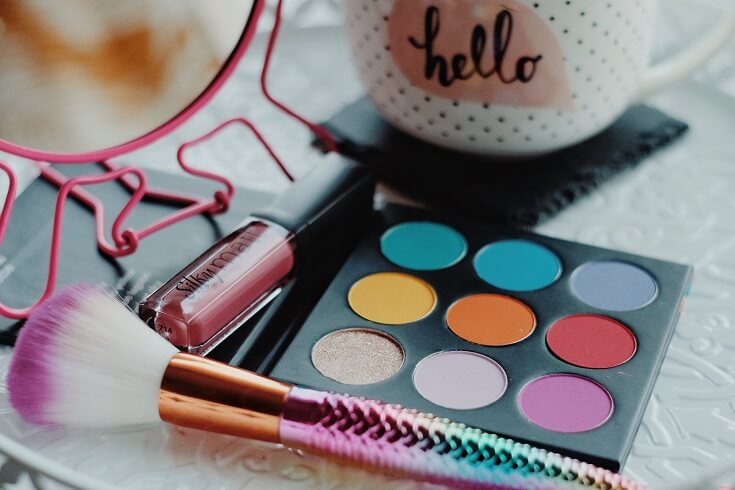The cosmetic industry in Indonesia has witnessed substantial growth in recent years. With the increasing demand for beauty and personal care products, it is crucial for manufacturers and distributors to comply with the country’s regulations. Cosmetic registration is a mandatory process that ensures the safety, quality, and legality of cosmetic products before they enter the Indonesian market.
In this article, we will explore the cosmetic registration process in Indonesia, its importance, and the key steps to achieve successful registration.
Understanding Cosmetic Regulation in Indonesia


The cosmetic regulation in Indonesia is overseen by the Badan Pengawas Obat dan Makanan (BPOM), or the National Agency of Drug and Food Control. BPOM is responsible for ensuring the safety and quality of all cosmetics sold in Indonesia.
The following are the key requirements for cosmetic products in Indonesia:
- Cosmetics must be manufactured in a Good Manufacturing Practice (GMP) certified facility.
- Cosmetics must meet all of the safety and quality requirements of BPOM.
- Cosmetics must be labeled in Indonesian.
- Cosmetics must be accompanied by a product information leaflet in Indonesian.
In addition to these requirements, BPOM also prohibits the use of certain ingredients in cosmetics, such as mercury, lead, and hydroquinone.
Cosmetic products that are not registered with BPOM are illegal to sell in Indonesia. If you are caught selling unregistered cosmetic products, you could face fines or imprisonment.
If you are planning to import and sell cosmetic products in Indonesia, it is important to register your products with BPOM. This will ensure that your products meet all of the safety and quality requirements of the Indonesian government and that they are safe for consumers to use.
The Importance of Cosmetic Registration
Cosmetic registration serves as a regulatory measure to protect consumers from potentially harmful products. It ensures that cosmetics meet specific quality standards and do not contain prohibited or restricted ingredients. Moreover, registered cosmetics are subject to post-market surveillance, allowing authorities to recall or remove products that pose risks to consumers.
Also read: Top 10 Cosmetic Brands in Indonesia
Cosmetic Registration Process in Indonesia
Here are the procedure of cosmetic registration in Indonesia:
Prepare the required documents
The following documents are required for cosmetic product registration in Indonesia:
- A completed application form
- A list of ingredients
- A product safety assessment report
- A sample of the product
- A certificate of analysis
- A trademark registration certificate (if applicable)
Submit the documents to BPOM
The documents can be submitted to National Agency of Drug and Food Control (BPOM) in person or by mail.
Pay the registration fee
The registration fee for cosmetic products in Indonesia is Rp 5 million per product. The fee can be paid in cash or by bank transfer.
Wait for the approval
The approval process for cosmetic product registration in Indonesia can take anywhere from 14 days to 2 months. BPOM will notify you of the approval or rejection of your application in writing.
Obtain the registration certificate
Once your application is approved, you will be issued a registration certificate by BPOM. This certificate is valid for 5 years and must be renewed before it expires.
Also read: How to Start a Cosmetic Business: 10 Success Guide
Labeling and Packaging Requirements


In addition to product safety, proper labeling and packaging are essential for cosmetic registration. The label must include information in the Indonesian language, such as product name, net weight, list of ingredients, usage instructions, and manufacturer’s contact information.
Safety Assessment and Testing
Cosmetic manufacturers must conduct safety assessments and tests on their products to ensure they meet safety standards. These assessments involve testing for skin irritation, sensitization, and stability under various conditions.
Halal Certification for Cosmetics
Obtaining a halal certification is crucial for reaching a broader market in Indonesia. Many Indonesian consumers prefer halal-certified cosmetics, considering them to be more ethical and religiously acceptable.
Marketing and Distribution of Registered Cosmetics
After successful registration, cosmetic products can be marketed and distributed in Indonesia. Manufacturers and importers should abide by the distribution regulations to ensure compliance throughout the supply chain.
Common Challenges in Cosmetic Registration
Cosmetic registration in Indonesia comes with its challenges. Delays in the evaluation process, language barriers, and complex regulatory requirements can sometimes hinder the registration journey.
Tips for a Successful Indonesia Cosmetic Registration
To navigate the cosmetic registration process smoothly, consider the following tips:
- Work with experienced consultants who understand Indonesian regulations.
- Ensure all documents are accurate, complete, and translated into Bahasa Indonesia.
- Plan ahead to account for potential delays and adjust marketing strategies accordingly.
For simpler and hassle-free Indonesia cosmetic registration process, you can rely on InvestinAsia’s services. We can help you with Business Registration Number Indonesia and Business Licenses and permit, including cosmetic business license.
Chat us to get special offer and FREE consultation
Cosmetic registration in Indonesia is a necessary step for businesses wishing to introduce cosmetic products into the Indonesian market. By complying with the regulatory requirements, manufacturers and importers can ensure the safety and quality of their products, gaining the trust of consumers. Understanding the process, submitting accurate documents, and obtaining necessary certifications are vital for a successful registration journey.
FAQs about Cosmetic Registration in Indonesia
What is the BPOM regulation in Indonesia?
The BPOM regulation in Indonesia refers to the rules and guidelines set by the National Agency of Drug and Food Control (BPOM) for the registration and safety assessment of cosmetic products.
How big is the cosmetic market in Indonesia?
As of the latest data, the cosmetic market in Indonesia is thriving and ranks among the largest in the Asia-Pacific region, with a significant annual growth rate.
What is the trend in the beauty industry in Indonesia?
The beauty industry in Indonesia is experiencing a shift towards natural and organic products, driven by the increasing awareness of health and sustainability among consumers.
What cosmetic and beauty product is popular in Indonesia?
Skincare products, particularly those with skin-lightening and anti-aging properties, are immensely popular in Indonesia. Additionally, cosmetics like lipsticks and foundations are also in high demand among Indonesian consumers.



